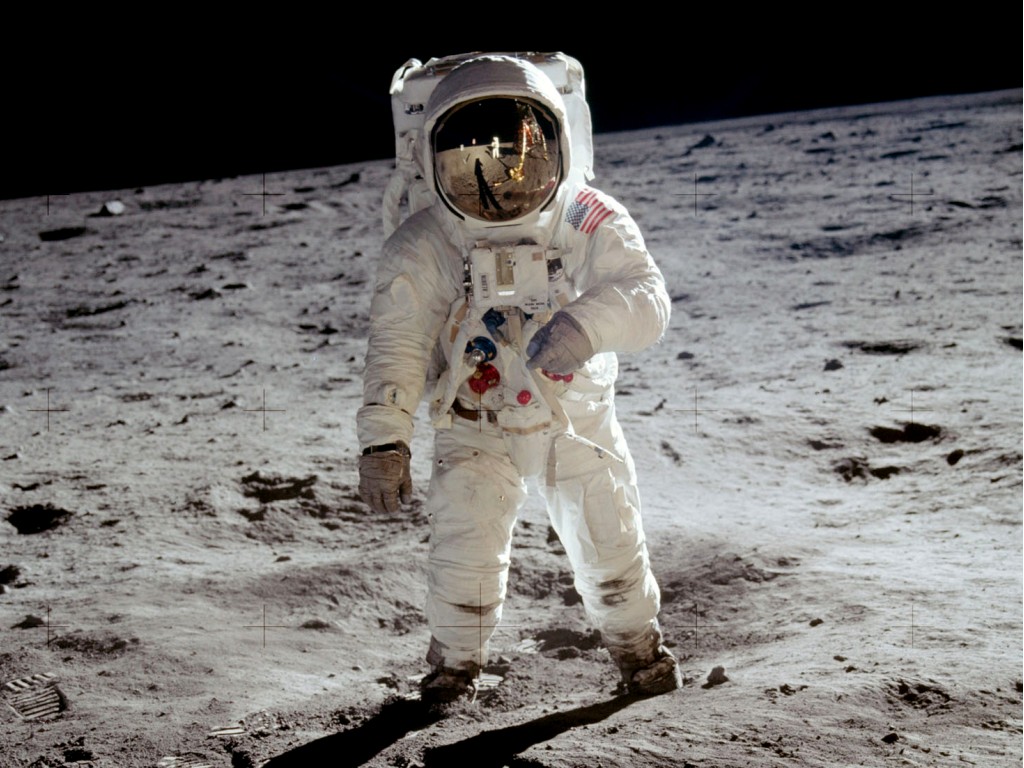 “Over the last several years, the problem of attention has migrated right into the center of our cultural attention. We hunt it in neurology labs, lament its decline on op-ed pages, fetishize it in grassroots quality-of-life movements, diagnose its absence in more and more of our children every year, cultivate it in yoga class twice a week, harness it as the engine of self-help empires, and pump it up to superhuman levels with drugs originally intended to treat Alzheimer’s and narcolepsy…We are, in short, terminally distracted. And
“Over the last several years, the problem of attention has migrated right into the center of our cultural attention. We hunt it in neurology labs, lament its decline on op-ed pages, fetishize it in grassroots quality-of-life movements, diagnose its absence in more and more of our children every year, cultivate it in yoga class twice a week, harness it as the engine of self-help empires, and pump it up to superhuman levels with drugs originally intended to treat Alzheimer’s and narcolepsy…We are, in short, terminally distracted. And distracted
, the alarmists will remind you, was once a synonym for insane
.”
Or, as Matt Johnson put it 25 years ago, I’ve been filled with useless information, spewed out by papers and radio stations…Another year older and what have i done? All my aspirations have shriveled in the sun. And don’t get me started on blogs, e-mails, youtubes, and tweets. In a New York Magazine cover story, Sam Anderson runs the gamut from Buddhism to Lifehacking to ascertain whether technology has really propelled us into a “crisis of attention”. (By way of Dangerous Meta, a blog that’s invariably worth the distraction.) And his conclusion? Maybe, but thems the breaks, folks. There’s no going back at this point. “This is what the web-threatened punditry often fails to recognize: Focus is a paradox — it has distraction built into it. The two are symbiotic; they’re the systole and diastole of consciousness…The truly wise will harness, rather than abandon, the power of distraction.“
Which just goes to show, the real key to harnessing distraction is…wait, hold on a tic, gotta get back to you. There’s a new funny hamster vid on Youtube.





